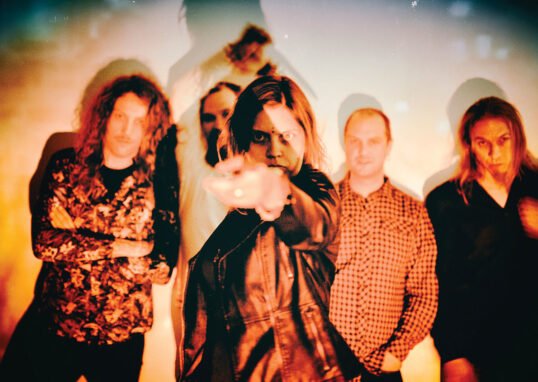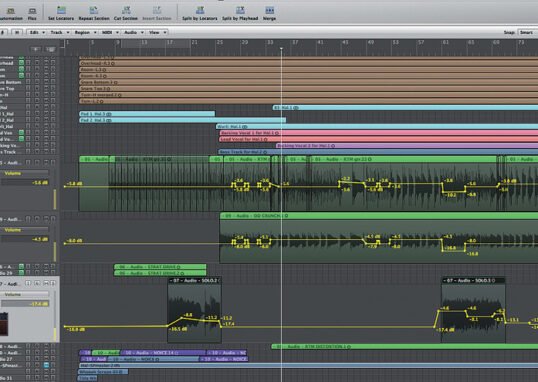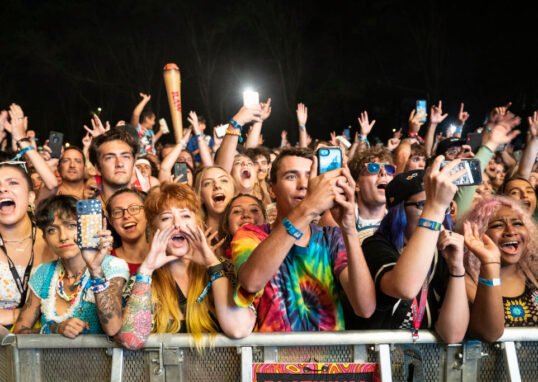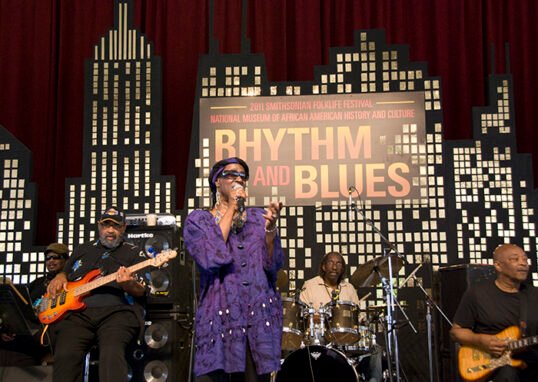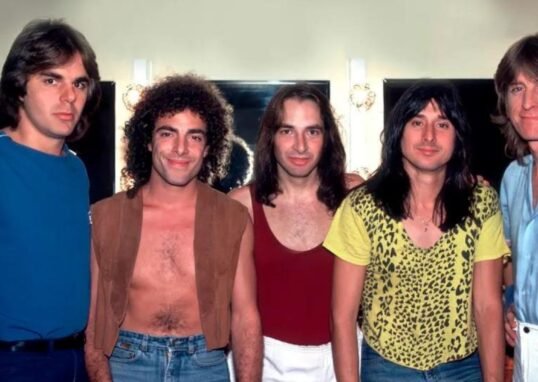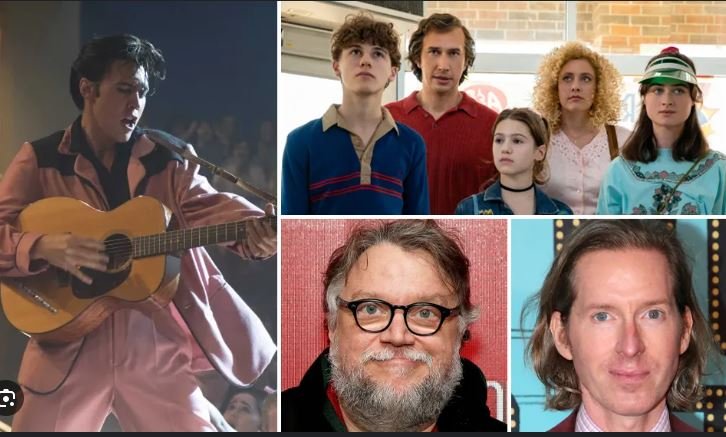
Rock music has been a powerful tool for directors to enhance their films, creating unforgettable soundtracks that elevate the narrative and emotional impact. Certain directors have particularly excelled in integrating rock music into their films, using it to set the tone, define characters, and enrich storytelling. Here, we explore several directors renowned for their masterful incorporation of rock music, highlighting how their creative choices have shaped cinematic experiences.

Quentin Tarantino: Crafting Eclectic Soundtracks
Quentin Tarantino is celebrated for his distinctive use of music, including rock, to craft dynamic soundtracks that complement his films’ bold narratives. In “Pulp Fiction” (1994), Tarantino combines rock tracks like Surf’s “Misirlou” with eclectic tunes to create a soundtrack that mirrors the film’s diverse and vibrant energy. His ability to select and place rock music strategically enhances character moments and scenes, making the soundtrack an integral part of the film’s identity. This approach continues to influence how rock music is used in cinema.
Martin Scorsese: Rock and Roll’s Role in Storytelling
Martin Scorsese’s films often feature rock music that reflects and amplifies the emotional depth of his stories. In “The Departed” (2006), Scorsese incorporates rock tracks such as “Gimme Shelter” by The Rolling Stones. It underscores the film’s intense and gritty atmosphere. His use of rock music not only sets the tone but also helps convey the psychological and emotional states of the characters. Scorsese’s approach demonstrates how rock music can enhance storytelling by aligning with a film’s thematic elements.
Cameron Crowe: Integrating Rock into Character Development
Cameron Crowe is known for his deep connection to rock music, which he integrates seamlessly into his films. In “Almost Famous” (2000), Crowe uses rock music to enrich the coming-of-age journey of his protagonist, William Miller. The film’s soundtrack, featuring bands like Led Zeppelin and The Who, becomes a crucial element in defining the characters’ experiences and growth. Crowe’s personal affinity for rock music adds authenticity to his films and deepens the audience’s connection to the story.
David Fincher: Rock Music as a Narrative Tool
David Fincher uses rock music as a powerful narrative tool to enhance the atmosphere and mood of his films. In “Fight Club” (1999), Fincher incorporates rock tracks like “Where Is My Mind?” by Pixies to underscore the film’s chaotic and rebellious themes. The music not only complements the visual style but also amplifies the film’s exploration of identity and consumerism. Fincher’s masterful use of rock music demonstrates its potential to drive narrative momentum and resonate with viewers.
Danny Boyle: Energizing Scenes with Rock Soundtracks
Danny Boyle’s films frequently feature rock music that energizes scenes and enhances emotional impact. In “Trainspotting” (1996), Boyle uses a diverse rock soundtrack. Including tracks like Iggy Pop’s “Lust for Life,” to reflect the film’s raw and energetic depiction of youth culture. The music injects vibrancy into the film and reinforces its themes of rebellion and escapism. Boyle’s approach shows how rock music can infuse films with energy and urgency.
Tim Burton: Rock Music and Dark Fantasies
Tim Burton incorporates rock music to accentuate the fantastical and often dark elements of his films. In “Beetlejuice” (1988), Burton uses rock tracks like “Day-O” by Harry Belafonte to create a quirky and otherworldly atmosphere. The music enhances the film’s whimsical and eerie qualities, aligning with Burton’s unique visual style. His use of rock music contributes to the film’s distinctive tone and reinforces its imaginative storytelling.
Conclusion: The Artistry of Rock Music in Film
Directors who masterfully incorporate rock music into their films demonstrate its profound impact on storytelling, atmosphere, and character development. From Quentin Tarantino’s eclectic soundtracks to Wes Anderson’s quirky choices. Rock music plays a vital role in shaping the cinematic experience. These directors use rock music not just as a backdrop but as an integral component that enhances their films’ narratives and emotional depth. As the art of filmmaking continues to evolve. Rock music will remain a powerful tool for directors seeking to create memorable and impactful cinematic moments.

